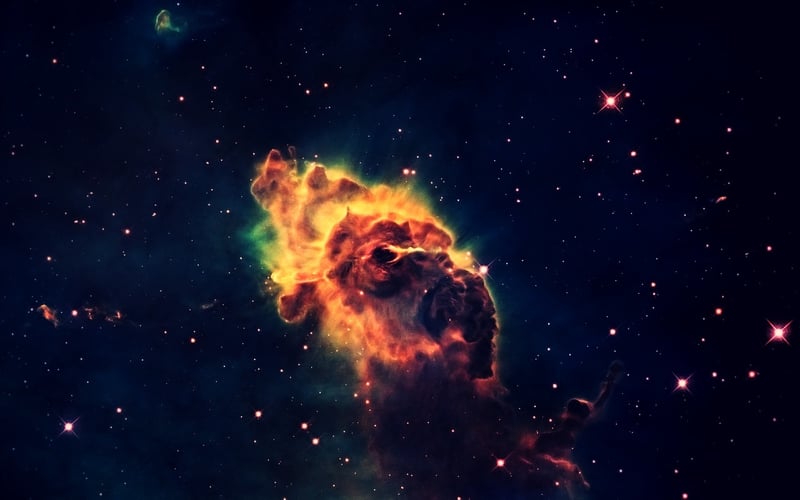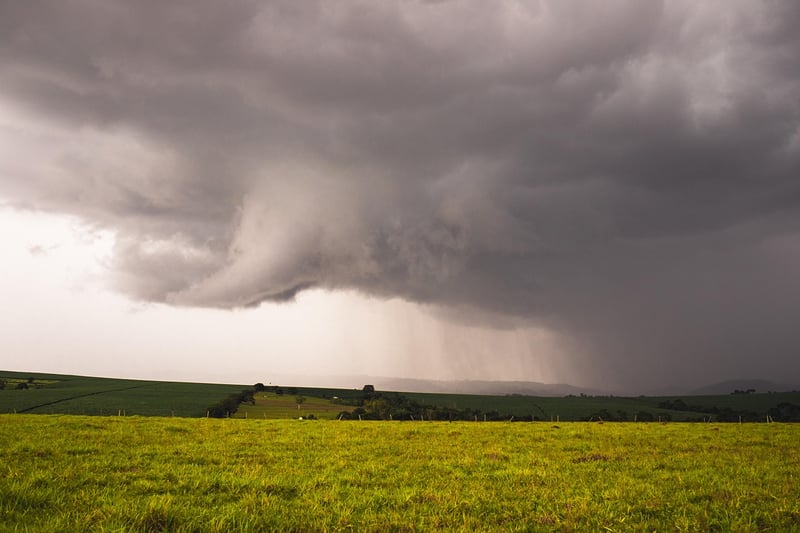Temporal Mechanics
The Marvels of Time Travel: Exploring Temporal Mechanics
Time travel has long been a fascination for humans, inspiring numerous works of fiction and scientific inquiries. While the concept of traveling through time may seem like something out of science fiction, the study of temporal mechanics delves into the theoretical possibilities and implications of such journeys.
Types of Time Travel Mechanisms
Several theoretical mechanisms have been proposed to explain how time travel could potentially occur:
- Wormholes: Wormholes are hypothetical tunnels in spacetime that could create shortcuts for long journeys across the universe, potentially allowing for time travel.
- Time Machines: Devices or apparatuses that could manipulate the fabric of spacetime to enable individuals to travel to different points in time.
- Black Holes: Black holes, with their intense gravitational forces, have been theorized to have the ability to warp spacetime and potentially facilitate time travel.
The Grandfather Paradox
One of the most famous paradoxes associated with time travel is the Grandfather Paradox. This paradox proposes a scenario where a time traveler could go back in time and prevent their grandfather from meeting their grandmother, thus preventing the time traveler's own existence.
Such paradoxes highlight the complex and mind-bending nature of time travel and the potential consequences of altering past events.
Implications and Considerations
While time travel remains firmly in the realm of theory and speculation, the study of temporal mechanics raises important philosophical and scientific questions about causality, determinism, and the nature of time itself.
Whether through wormholes, time machines, or other yet-to-be-discovered mechanisms, the exploration of time travel continues to captivate the human imagination and push the boundaries of what we understand about the universe.

Image Source: Pixabay
